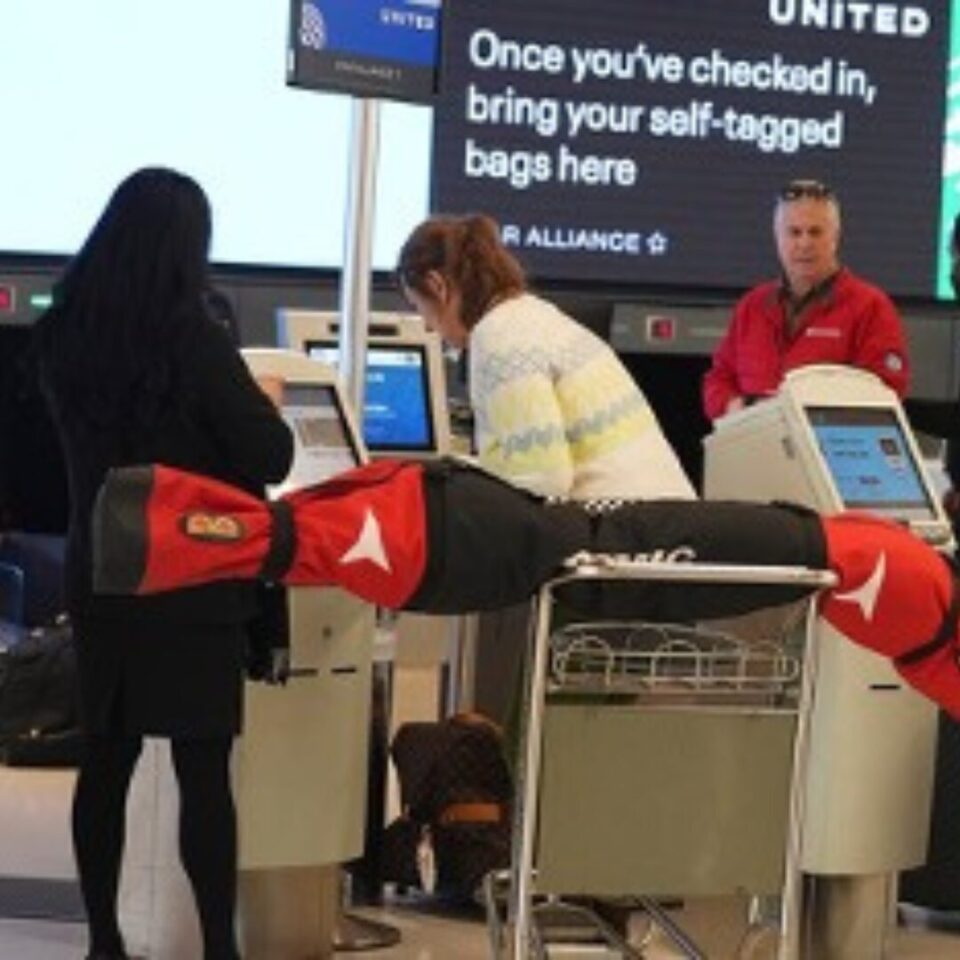Why Mental Health Support is Becoming a Key Part of Travel Assistance
Discover why mental health support is now essential in travel assistance, ensuring stress-free and well-being-focused journeys.

Traveling is often seen as an exciting, liberating experience.
Whether for leisure, work, or adventure, people explore new destinations to escape routine, seek new opportunities, or reconnect with themselves. However, along with the thrill of travel comes a host of challenges—stress, anxiety, and loneliness being some of the most significant.
In recent years, mental health support has become an essential part of travel assistance. As awareness about psychological well-being grows, travel companies, airlines, and insurance providers are integrating mental health services into their offerings. The shift from purely physical health assistance to a more holistic approach is changing the way we travel, ensuring people feel safe and supported not just physically but emotionally too.
The Evolution of Travel Assistance
Traditionally, travel assistance focused on logistical support—helping with lost luggage, medical emergencies, and trip cancellations. While physical health concerns, such as accidents or sudden illnesses, were always a priority, mental health issues remained largely unaddressed.
Over time, the concept of well-being has evolved. Stress, anxiety, and other psychological challenges can be just as debilitating as physical ailments, especially when travelers are far from home. As a result, travel assistance has expanded to include psychological support, ensuring that people can travel with peace of mind.
Why Mental Health Support is Crucial in Travel
Mental health challenges during travel are more common than many realize. Various factors contribute to this, making psychological well-being a vital part of travel assistance:
- Travel Stress and Anxiety: Long flights, airport security, time zone differences, and unfamiliar environments can trigger anxiety.
- Culture Shock and Adaptation Struggles: Adjusting to a new culture, language, or lifestyle can cause emotional distress.
- Isolation and Loneliness: Solo travelers or those away from their support networks may feel lonely, which can lead to depression.
These issues highlight why mental health support is becoming a non-negotiable aspect of travel assistance.
Key Mental Health Challenges Faced by Travelers
Travelers experience a wide range of mental health challenges, including:
- Travel Anxiety and Phobias – Fear of flying, navigating new places, or even staying in a foreign environment can be overwhelming.
- Depression and Burnout – Long-term travelers, such as digital nomads, often struggle with emotional exhaustion and isolation.
- Emergency Mental Health Crises – Panic attacks, severe anxiety, or depressive episodes can strike unexpectedly, leaving travelers vulnerable.
Having access to mental health resources during travel can be life-changing in such situations.
How Travel Assistance Services Are Adapting
As mental health awareness grows, travel assistance services are evolving to offer better support. Some key initiatives include:
- Mental Health Professionals on Call: Travel assistance now includes access to psychologists and counselors for immediate help.
- 24/7 Helplines: Many travel insurance providers and travel companies offer round-the-clock mental health support hotlines.
- Digital Support Tools: Apps and virtual therapy platforms provide travelers with guided meditation, therapy sessions, and crisis support.
The Role of Travel Insurance in Mental Health Support
Travel insurance providers are recognizing the importance of mental health, with policies now covering:
- Therapy and Counseling Sessions: Some insurers reimburse therapy costs incurred while traveling.
- Crisis Intervention: Immediate support for travelers experiencing panic attacks or severe anxiety.
- Comprehensive Coverage: More insurance plans are including mental health treatments alongside traditional medical coverage.
Corporate and Business Travel: A Growing Concern
Business travelers often deal with high stress due to constant movement, long working hours, and demanding schedules. Companies are responding by:
- Offering employee mental health programs that include support for business travelers.
- Providing access to counseling services for those on work trips.
- Encouraging work-life balance policies to prevent burnout.
How Travelers Can Take Charge of Their Mental Health
While travel assistance services are improving, travelers can also take proactive steps to safeguard their mental health:
- Pre-travel Planning: Research mental health resources available at your destination.
- Coping Strategies: Practice mindfulness, deep breathing, or journaling to manage stress.
- Seeking Professional Help: If struggling, consult a therapist before or during travel.
Conclusion
The integration of mental health support into travel assistance is a major step forward. Travelers no longer have to navigate anxiety, loneliness, or crises alone—help is available through various channels. As travel continues to evolve, prioritizing mental well-being alongside physical health will ensure safer, more enjoyable journeys for everyone.
FAQs
What are some common mental health challenges travelers face?
Travelers often experience anxiety, culture shock, loneliness, and, in some cases, panic attacks or depressive episodes.
Do travel insurance policies cover mental health issues?
Some travel insurance providers now offer coverage for therapy, emergency mental health crises, and counseling.
How can I manage travel anxiety?
Practicing mindfulness, planning ahead, and using mental health support services can help reduce travel-related anxiety.




